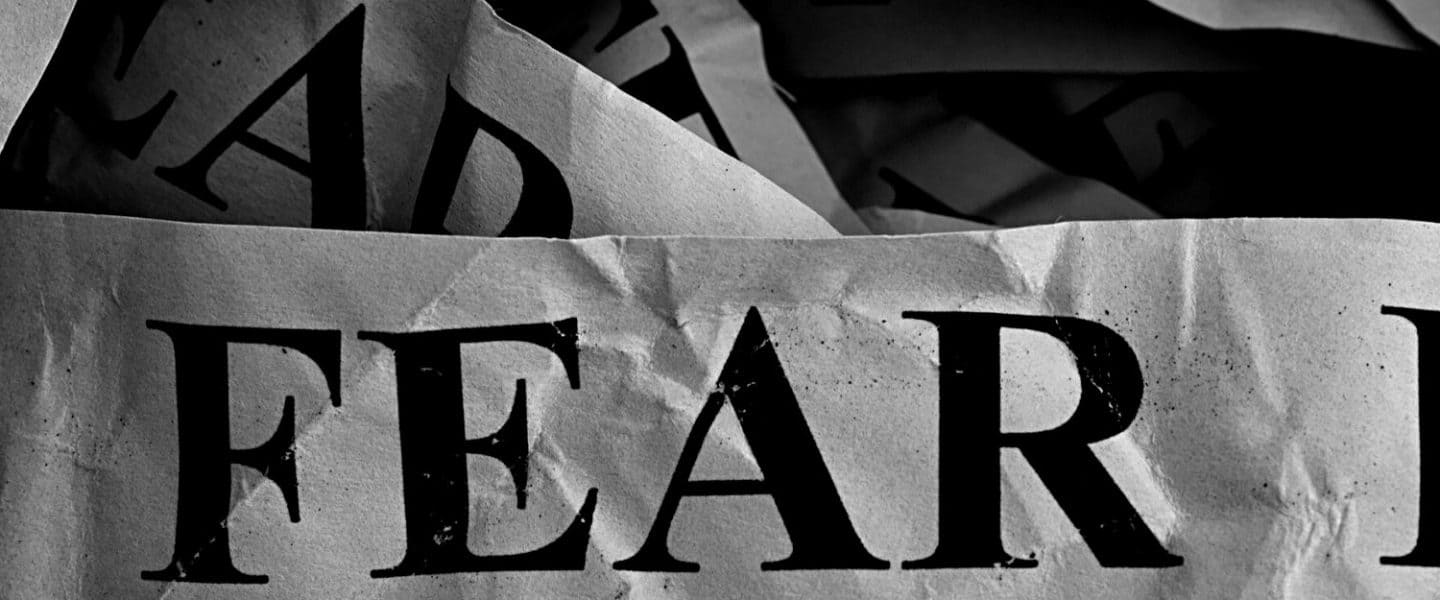The greatest mistake we make is living in constant fear that we will make one – John C Maxwell
In this week’s episode, we look at fear both as a vital response and how fear can hinder us. I came across a Psychology Today article that read fear is part instinct, part learned, part taught. Some fears are instinctive: Pain, for example, causes fear because of its implications for survival. Other fears are learned: We learn to be afraid of certain people, places, or situations because of negative associations and past experiences. A near-drowning incident, for example, may cause fear each time one gets close to a body of water. Other fears are taught: Cultural norms often dictate whether something should be feared or not.
Eliminating fear would be the equivalent of taking down your home alarm system because it sometimes makes loud and irritating sounds. Fear can be helpful and necessary in certain situations, but what happens when fear holds us back from living life on our terms? Fear can be uncomfortable and crippling. At least 60 per cent of adults admit to having at least one unreasonable fear, although research to date is not clear on why these fears manifest.
Being fearless doesn’t mean eliminating fear. It means knowing how to leverage and process fear. And here are some thoughts that I will leave with you
- Is it fair to say that pretty much everything in life requires a sense of risk? A calculated risk is a risk that you consider is worth taking because of the potential result. It’s looking at the outcomes and deciding what is worth choosing? What is the outcome or reward?
- Confidence and courage are like muscles, and the more we use them, the stronger they get. So rather than having big goals, which I am all for, by the way, but suppose there is a process to getting there. Smaller goals or bite-size goals can help us build momentum when it comes to feeling fear and choosing action.
- Our fears can be attached to what we value or what we have experienced and may need to be expressed and validated. A few ways to help this process are journaling, speaking to someone you trust, or a professional counsellor.
On a finishing note, how can we appreciate fear for its function in our lives and, on the other hand, how can we navigate it, so it doesn’t hinder or paralyse us? What is your takeaway from this episode? If you are new to the podcast, have questions around fear and ways to navigate it, or counselling in general, I offer free 15-minute phone consultations. So do get in touch. Wishing you a great week ahead and until next time, take care.
Sources:

